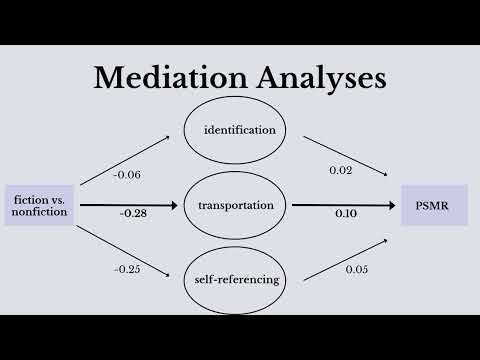 Speaker: Nikoletta Alexandri @NikolettaAlexandri
Speaker: Nikoletta Alexandri @NikolettaAlexandri
 Affiliation: KNAW
Affiliation: KNAW
Title: How narrative engagement influences perceived susceptibility to moral residue and the role of fictionality
Abstract: We explore the significance of narratives in medical education, focusing on quantitative and qualitative research that highlights the impact of narratives on empathy training, end-of-life care situations, and moral residue experiences (i.e., a common experience among healthcare professionals and other moral agents when they perceive their own failure to meet moral requirements, despite others’ tendency not to blame them). Four papers present research conducted with the aim of reshaping the use of narrative in medical education. They describe the impact of fiction and nonfiction-labeled literary narratives, various types of narrative engagement, first-person narratives, fiction seminars, and transformative reading interventions.

 Long abstract
Long abstract
This contribution to the symposium presents a study on how literary narratives impact perceived susceptibility to Moral Residue (PSMR). By exploring the potential of narratives to enhance perceived susceptibility to such experiences, this research contributes to bridging literary theory and medical ethics.
A preregistered online experiment involved 417 healthcare professionals who were randomly assigned to read an excerpt labelled as either fiction or nonfiction, or to a control group with no reading assignment. The narrative depicted a scenario involving Moral Residue. The primary outcome, PSMR, was measured using a novel scale developed for the specific purposes of this experiment. Secondary measures assessed narrative engagement mechanisms, specifically transportation, identification, and self-referencing. The analysis also considered covariates such as perceived realism, perceived similarity to the protagonist, age, profession, and previous experiences with Moral Residue.
Contrary to initial hypotheses, reading the narrative—whether labeled as fiction or nonfiction—did not significantly affect overall PSMR scores compared to the control group. However, secondary analysis identified past experience with Moral Residue as the strongest predictor of PSMR.
Concerning the roles of identification, transportation, and self-referencing, three mediation analyses revealed that only transportation significantly predicted higher scores on the PSMR scale. Furthermore, the study found that when the narrative was labelled as nonfiction, it elicited stronger transportation than when it was labelled as fiction. This finding contrast with the findings of previous studies and suggests a need for further investigation into the impact of fictionality labelling.
Overall, these findings imply that while reading alone may not increase PSMR, specific engagement processes, particularly transportation into the narrative, are important factors. This highlights the nuanced role of narratives in addressing complex emotional experiences in healthcare and underscores the potential for narrative interventions to increase awareness of Moral Residue.

